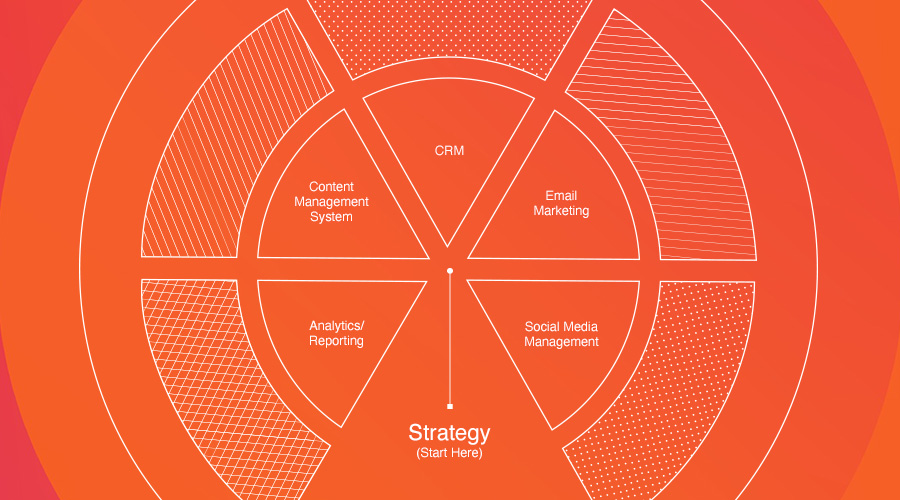We all do it, although a tiny piece of our souls dies each time we utter phrases like “action item,” “pivot” or “let’s take this offline.”
A certain amount of jargon is unavoidable at work. But as communicators, we should be the first to boldly buck bafflegab whenever possible. Some reasons why…
To Keep Your Brain Fresh
“I want to sound smart.” In a meeting packed with higher-ups, it’s tempting to try to impress by using terms that sound smart on the surface. But you are a communicator, darn it. Wow them instead with your enthusiasm, wit and ability to take tough concepts and present them in straightforward ways. Shape the conversation, don’t regurgitate!
“Everybody’s doing it.” When biz speak infects the culture, it can creep into external communications. Customers and other stakeholders want to know–in clear terms–how you’re tackling a problem and making their lives better.
“I kinda gave up.” Clichés are a shortcut for our brains. We don’t have to think; we just spout them. But that means they’re killers of original thought and creativity. So the next time you start to say “let’s circle back,” force yourself to rephrase it. Forge new neural pathways.
To Be Clear
Besides the reasons above, people hide behind obtuse phraseology when having uncomfortable conversation. Most think it softens the discussion.
It might. But not in a good way. More like a muddy softness from which no light escapes. From Forbes:
“Jargon masks real meaning,” says Jennifer Chatman, management professor at the University of California-Berkeley’s Haas School of Business. “People use it as a substitute for thinking hard and clearly about their goals and the direction that they want to give others.”
Any conversation or meeting is made more productive by limiting the trite terms being tossed about. And tough conversations–whether between team members, clients or vendors–are made more meaningful with sincerity.
To Build Trust
Speaking of which, sincerity and authenticity are the foundation of trust. Consider especially that younger folks–who’ve been living their lives wide open on social media–demand “realness” in the places they work and from the brands they buy.
At Simantel, we see this among our interns and new hires. It’s awesome. Behind the scenes we have been working intentionally to build a culture where it’s OK to mine for conflict and speak politely but plainly. And we are passionate about helping our clients communicate with integrity and intention too.





